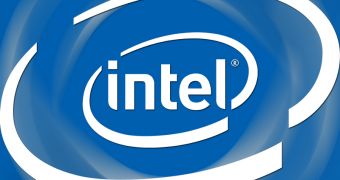It is a grim reality that few people are aware of, but pretty much every PC or gadget we end up buying is the result of blood, sweat and tears, and even death.
It sounds overly dramatic, but it's true. The majority of consumer electronics devices are made with cassiterite, wolframite, coltan, and gold.
Many of these minerals come from countries in Central Africa, and the proceeds of the sales of many of these minerals have been fueling actual wars. People are genuinely fighting over the control of the mineral sources and, thus, the money paid for supplying them.
According to Intel CEO Brian Krzanich, who spoke on the matter at CES 2014 in Las Vegas, Nevada, Intel has been working on the problem for four years and, now, all the minerals are tracked from “mine to the smelter.”
Basically, not only is Intel the first corporation to announce a plan to deal with this, but it actually succeeded, making its processors “conflict-free.” It might sound like a PR stunt, but I've seen much, much worse attempts.
Granted, the Securities and Exchange Commission voted, back in 2012, to approve new rules which would require American companies to disclose, to everyone, whether they used “conflict minerals” from the Democratic Republic of the Congo (DRC) or neighboring countries.
Obviously, no one wants people to feel like they are fueling wars just by buying widely available conveniences.
Still, even if the new rules did play a part, Intel said it had been working on this matter for four years, meaning before the new rules were voted. It's possible that they had a forewarning, like everyone else in the corporate ecosystem, but at this point, we can't really complain.
Especially since this is bound to act as an example for every other tech company, and companies from other levels of the industry. If anyone has the resources and capital to lay down the law on their mineral providers, it's companies the likes of Intel, HP, Apple, Samsung, LG, etc.

 14 DAY TRIAL //
14 DAY TRIAL //